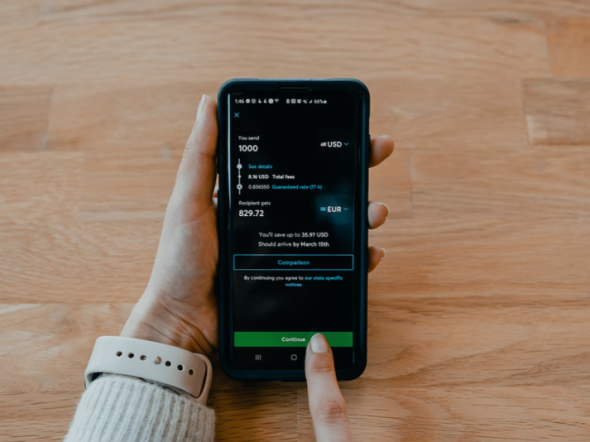The idea that the government in most modern countries doesn’t watch where money flows is just silly. With the reach and capability of modern technology, it’s a given that a government wants to know what is financially moving in and out of its borders. However, in the U.S., as in a number of countries, the sense of privacy and due process are now running headlong into a conflict with state security. This is most evident in a recent revelation that Arizona state has been collecting money transfer service data from major providers, putting it into a law enforcement database, and in turn, sharing it with other law enforcement agencies nationally.
The Specifics of the Tracking
Technically speaking, the database known as the Transaction Record Analysis Center or TRAC, keeps records of many cash money transfers of over $500 per transaction sent internationally from Arizona. The database was started in 2014 under the authority of the Arizona attorney general’s office, and it has continued since. Most data centers owned by the state are stored in state systems, but this particular database was instead housed behind the walls of a non-profit entity, keeping it off the radar of general government knowledge.
Since that time, the same database has tracked money moving out of Arizona to Mexico, Europe, China, Canada, and now Ukraine, among other countries. And, in some instances, transfers within the U.S. are being picked up as well. The current database and its usage has been justified as an effective tool to stop digital fraud as well as criminal money movements such as laundering. The transactions become evidence in viable investigations and help with convictions.
The Legalities of Information Sharing
Given its well-known existence, various law enforcement agencies have tapped into TRAC repeatedly, including federal law enforcement agencies performing large data sweeps of the database contents. Most interestingly, none of the data has been protected by normal due process procedures. Traditionally, such content demands require a court order and subpoena. However, where the entity is cooperative, the information is just handed over. Ergo, the relationship of the attorney general’s office communicating the data should be shared, and then its housing in a non-profit database, circumvents due process altogether in practice.
The entire matter was identified, documented with public records act requests, and investigation by the American Civil Liberties Union or ACLU. In response, the Arizona attorney general’s office has not made a public comment yet, but the disclosure is more than likely to trigger formal questions and new legislation to shut down the money transfer data loophole that apparently exists, at least in Arizona.
An Industry-Level Impact
Multiple established money transfer services like Western Digital, MoneyGram, Ria Money Transfer, and Western Union have had data included in TRAC. Part of existing as a licensed, regulated financial service provider means cooperating with the governments of the countries services operate in. It is a mutual relationship, and that can include sharing data to help the government fight crime. However, there is a balance, especially where laws protect the privacy of citizens as well.
Many trusted providers like Ria international money transfer and similar are built on the protection and reliability of safe money transfer services. In this regard, such providers will always follow the law as proscribed by the government, including international protection. This is not unique; banks are under similar requirements to share their information about large deposits and large transfers. And without reliable money transfer channels, whole communities will suffer from the loss of safe cash transfers. Ergo, a price is paid for the overall system's cooperation and protection, especially in terms of allowing international money transfers on a regular basis.
